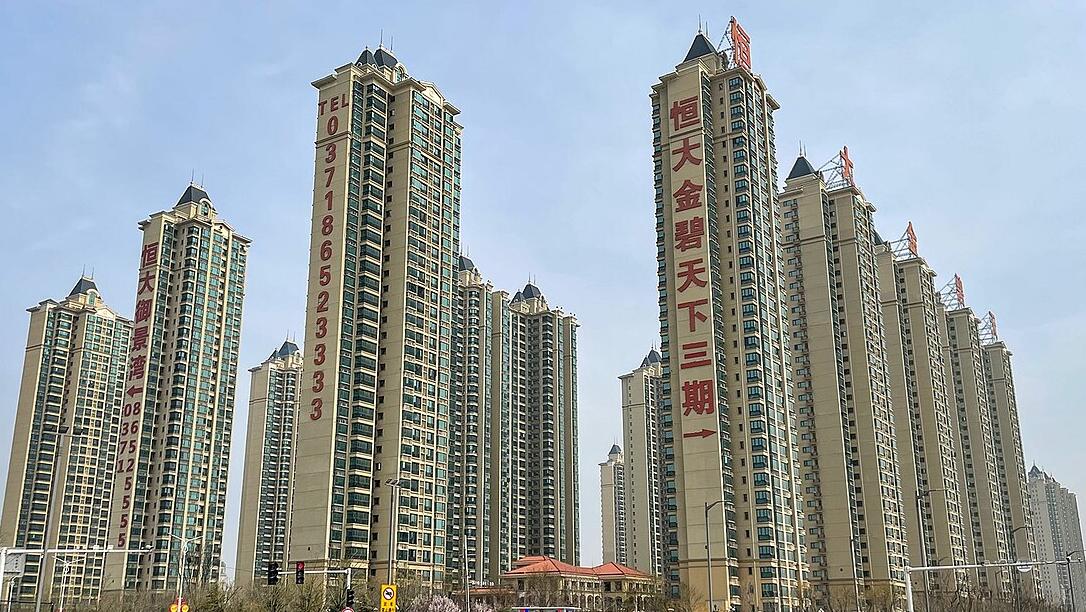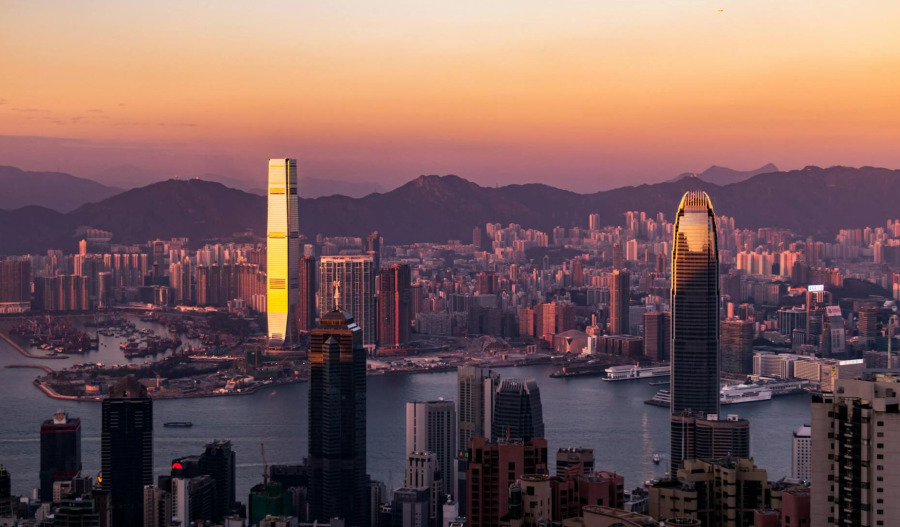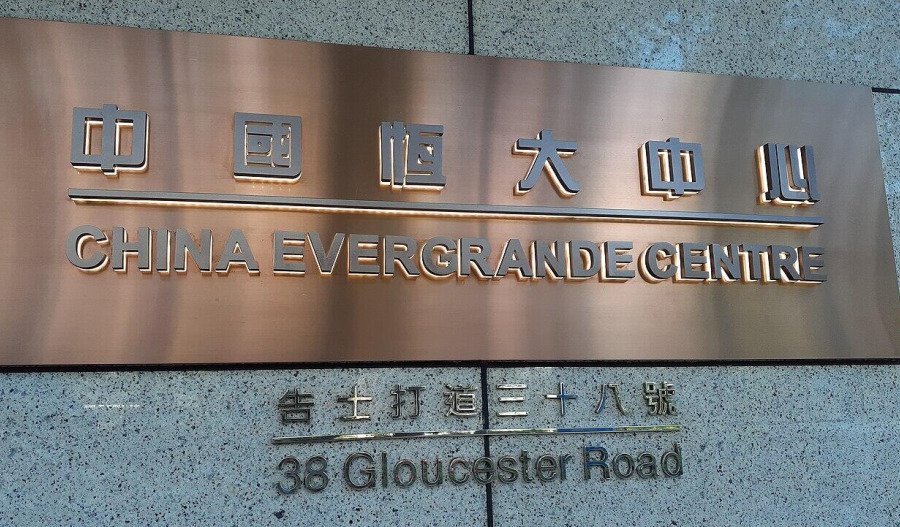Chinese property giant Evergrande Group's shares were removed from Hong Kong's stock exchange on Monday, completing a journey from a US$50 billion (A$77.83 billion) market darling to a complete wipeout in under four years.
The world's biggest-turned-world's most indebted property developer's stock is now just worthless paper.
Court filings earlier this month revealed Evergrande's debt burden had ballooned to US$45 billion, up from the $27.5 billion disclosed in December 2022.
The company faces 187 debt claims, with liquidators warning the figure remains incomplete, and despite controlling over 100 companies valued at $3.5 billion, liquidators have sold just $255 million worth of assets.
Company founder Hui Ka Yan's wealth has also dropped, from $45 billion in 2017 to less than $1 billion today.
Hui was detained in September 2023 and fined $6.5 million - and banned from China's securities markets for life.
"Once delisted, there is no coming back," Dan Wang, China director at political risk consultancy Eurasia Group, told the BBC.
Property sector remains a drag
"The property slump has been the biggest drag on the economy, and the ultimate reason why consumption is suppressed," Wang said.
Chinese families traditionally store wealth in property rather than financial instruments, so falling prices reduce household spending power.
The sector accounts for roughly one-third of China's GDP, and prices have dropped by at least 30% since the crisis began.
Real estate researcher Yan Yuejin from E-House noted that Evergrande once sold roughly $70 billion annually but "would be very lucky if they could even sell a tenth of that" today.
No Beijing bailouts
Wang estimates China's property market will "hit the bottom" in around two years when demand catches up with supply.
Over 50 developers have faced similar debt payment failures, and Chinese giant Country Garden faces a liquidation hearing in January next year.
Mark Williams, chief Asia economist at Capital Economics, called Evergrande's collapse "the biggest test that China's financial system has faced in years", but analysts expect limited international spillover due to China's closed financial system.
Goldman Sachs warned in June that Chinese property prices will continue falling until 2027.
Beijing knows that too, and has shifted focus towards high-tech industries and "common prosperity" policies rather than piling into property development.


